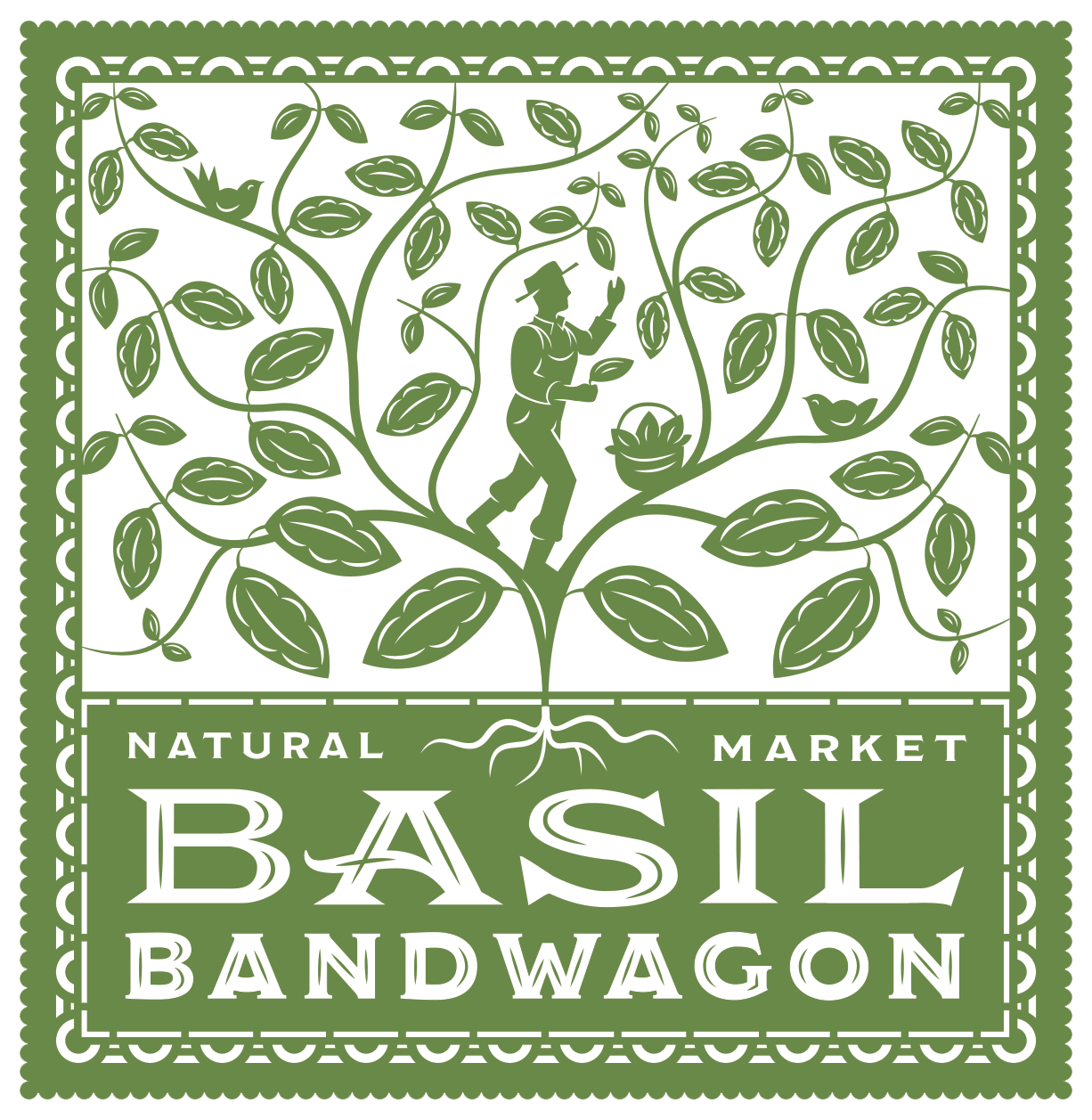
29 Jun Repair and Recover
Repair and Recover
Post-exercise nutrition tips
You drank your pre-workout shake. You stayed hydrated as you sweated it out. But have you given any thought to what you’ll eat and drink when you’ve wiped that sweat off your brow? Your post-workout nutrition is just as important for your athletic performance.
Why your post-workout meal matters
When you exercise, your body undergoes a lot of wear and tear and your muscles burn up their stored glycogen. And it’s during the recovery process, not during your actual workout, that you get stronger and start to see the benefits of your exercise routine. That’s why properly fueling your recovery process is important for every athlete.
Post-workout nutrition perks
With the right approach, your post-workout meal will boost your muscle strength and size, soothe muscle soreness and pain, and speed up your recovery so you can hit the gym again sooner.
It’s all about ratios and timing
You need the right combination of carbs to replenish your muscles’ glycogen, and protein for muscle repair.
“An endurance athlete should aim for a 4:1 carbs-to-protein ratio in their post-workout meal,” recommends sports nutritionist Melissa Boufounos. “And a strength and power athlete, or someone looking to lose weight, may drop to a 3:1 ratio.”
In other words, your post-workout shake or meal should offer up approximately 30 grams of protein, plus 90 to 120 grams of carbs (depending on your athletic goals). Ideally, eat within 60 minutes of working out—that’s when your body needs that food the most.
Don’t forget hydration
Getting hydrated quickly will magnify your recovery and performance. Drink 1 L (32 oz) of fluids for every kilogram of body weight you lost via sweating.
The best post-workout foods and supplements
- Simple carbohydrates
- Coenzyme Q10
- Easily digestible protein
- Branched-chain amino acids (BCAAs)
Laid up with an injury? Nutrition still matters!
Taking an extended break from the gym often leads to a loss in mobility and muscle strength. Maintaining your healthy nutrition habits helps prevent this. Keep your protein intake up. In fact, increasing your protein intake to 2 to 2.5 grams of protein per kilogram of body weight per day may support a faster recovery and curtail muscle loss.
The best foods and supplements for injured athletes
- Whole plant foods
- Creatine
- Omega-3s
- Tart cherry juice
- Curcumin
Healthy eating for rest day (and every day)
Take a recovery day every three to five days, or whenever you’re feeling very sore.
On days when you’re not engaging in strenuous exercise, you don’t need to emphasize high-energy, high-glycemic foods (e.g., very high-carb meals, sugar-rich sports drinks, etc.) like you normally would on workout days.
However, most athletes—with the exception of those trying to lose weight—benefit from consuming roughly the same total number of calories that they’d eat on an active day.
Use rest days to eat and supplement with the goal of protecting yourself from illness, wear and tear on your joints, and more. Think of it as nutritional insurance.



